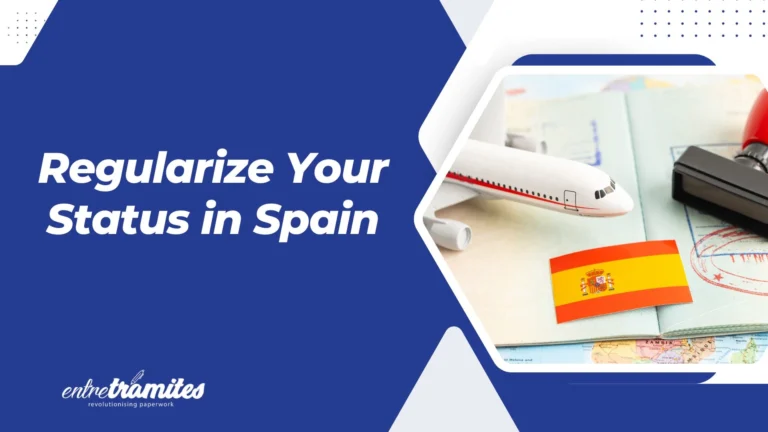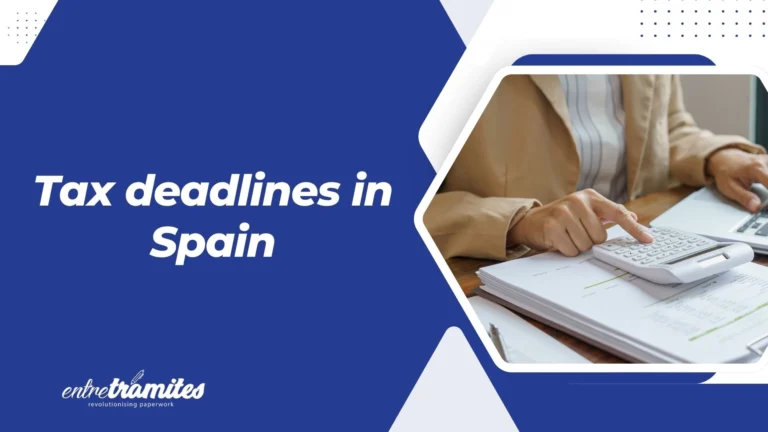Planning to relocate? This financial checklist for expats covers everything you need to know about residency, banking, and taxes in Spain.
Thinking About Moving to Spain?
Whether you’re coming for a new job, remote work, retirement, or just a change of scenery, it’s essential to prepare financially before you arrive. This financial checklist for expats in 2025 walks you through every step—from choosing your residency type to setting up a bank account and understanding your tax obligations as a foreign resident.
Types of Residency in Spain
Before relocating, identify which residence permit suits your situation best:
- Digital Nomad Visa – For remote workers with non-Spanish employers
- Non-Lucrative Visa – Ideal for retirees or those with passive income
- Work Permit – Sponsored by a Spanish employer
- EU Citizen Registration (CUE/NIE Verde) – For EU nationals
- Student Visa – For those enrolled in academic programs
- Family Reunification – For joining relatives who legally reside in Spain
Tip: Your residency type will impact your tax obligations and length of stay—plan accordingly.
Checklist to Open a Bank Account in Spain
Opening a Spanish bank account is crucial for rent payments, utility bills, and salary deposits. Here’s what you’ll need:
- Valid Passport or ID
- NIE (Foreigner Identification Number)
- Proof of address in Spain (e.g., rental contract)
- Employment contract or proof of income
- Tax identification number from your home country (NIF/TIN)
- Residency documentation
Optional: Some banks may request a Spanish mobile number.
Understanding Double Taxation and Global Assets
If you have income or assets in another country (like pensions, rental property, or savings), you need to understand how Spain handles international taxation.
Spain has Double Taxation Agreements (DTA) with many countries, including the U.S., UK, and Canada—this helps you avoid paying taxes twice on the same income.
Once you become a tax resident in Spain (after spending 183+ days per year in the country), you must declare your worldwide income and assets, including:
- Bank accounts abroad
- Property and rental income
- Investments and pensions
Important Forms:
- Modelo 720 – Declaration of assets abroad over €50,000
- IRPF – Spanish income tax return
Bonus Tips
- Learn basic Spanish banking vocabulary to speed up paperwork
- Keep copies (digital & physical) of all important documents
- Seek guidance from a fiscal advisor if unsure about your residency or tax obligations
Need Support with Your Move?
At Entre Trámites, we specialize in helping expats settle in Spain with confidence. From visa applications and tax declarations to residency setup and NIE management—we make the transition smoother and stress-free.
Services include:
- Digital Nomad, Non-Lucrative & Student Visas
- NIE/TIE applications
- Tax planning and Modelo 720
- Fiscal representation and self-employment setup
Start your new life in Spain with expert guidance





